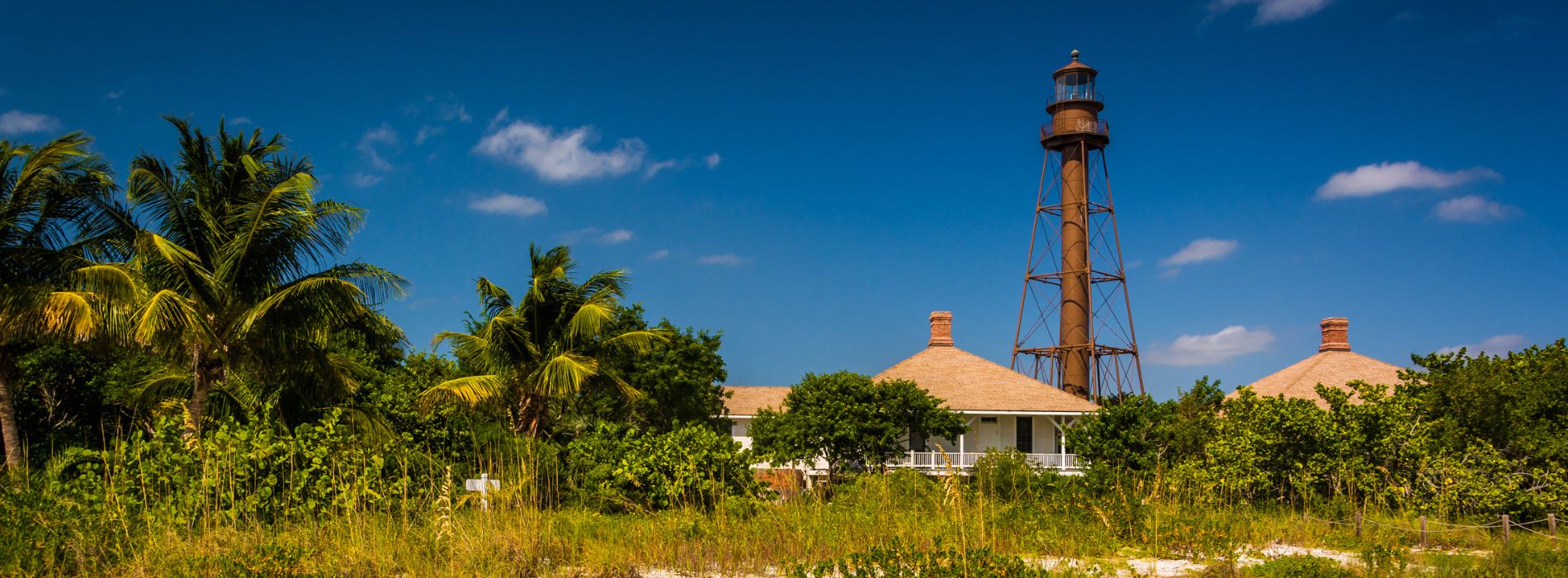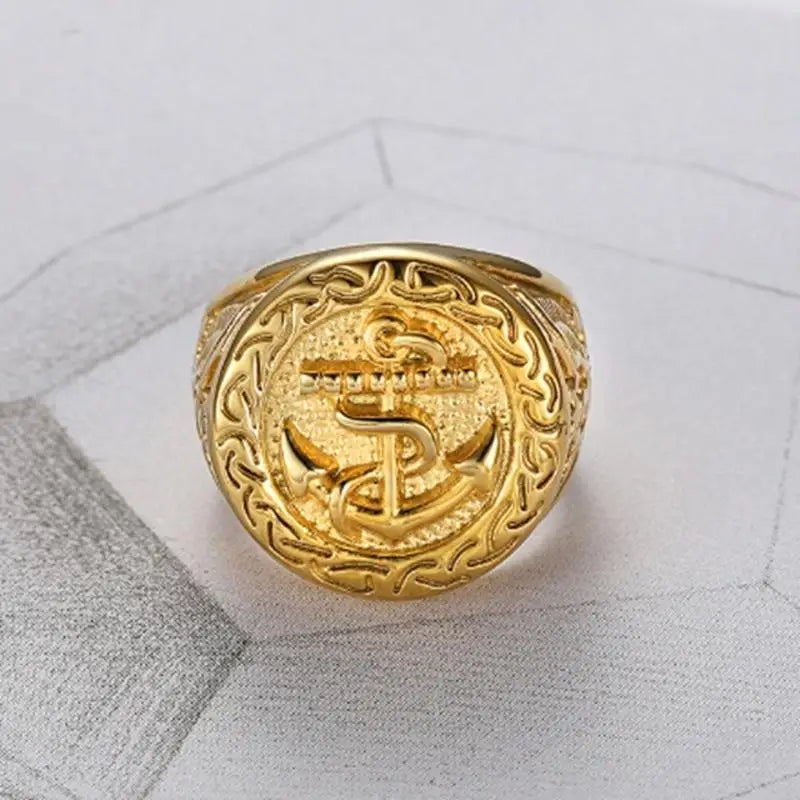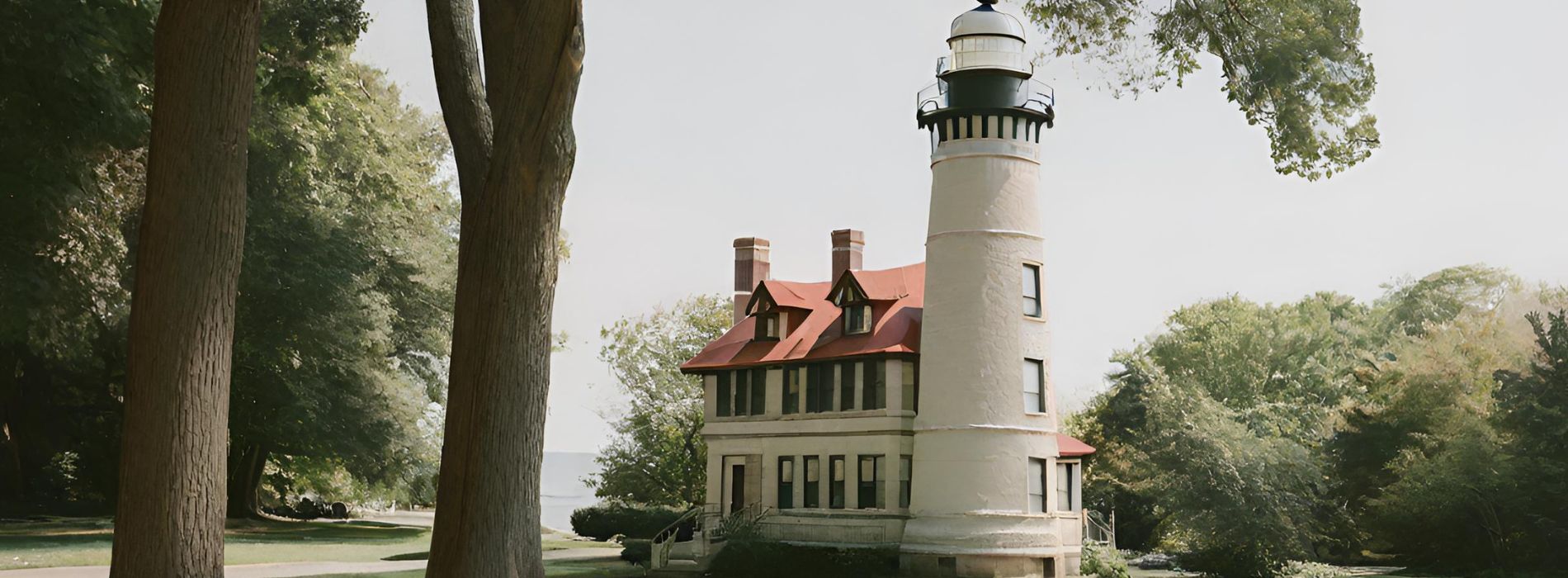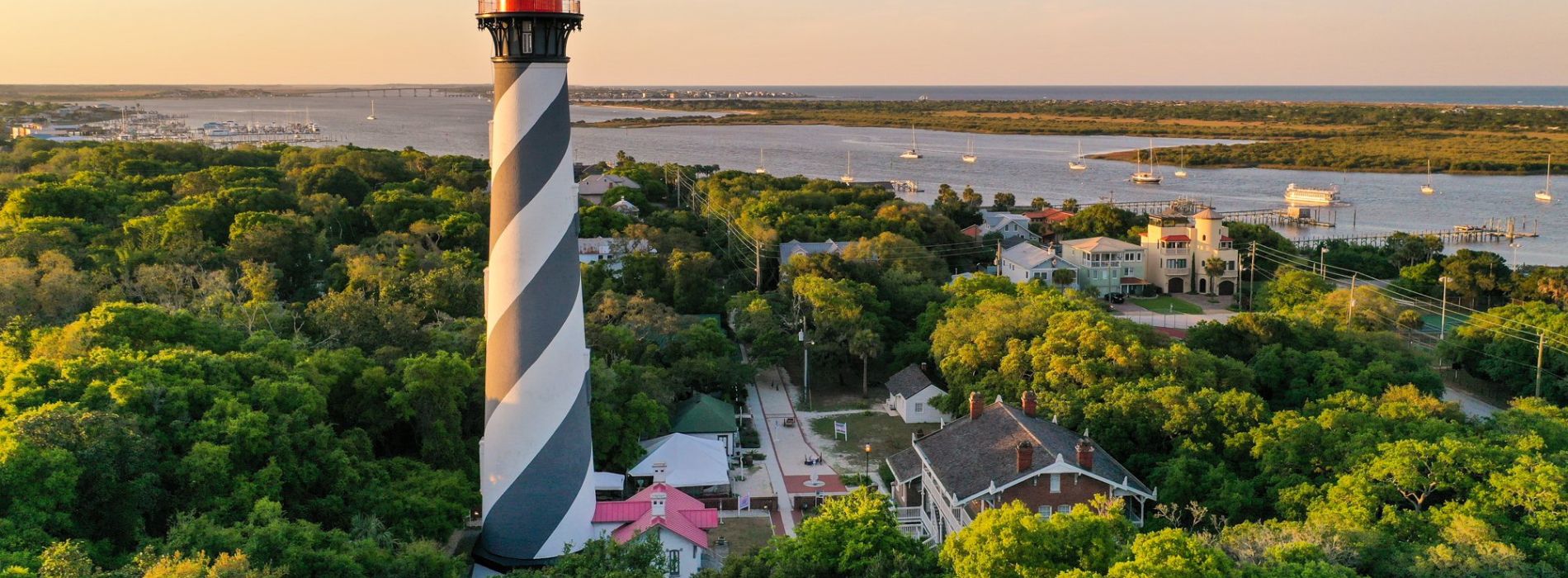How old is the Sanibel Lighthouse?
The Sanibel Lighthouse is a historic landmark that has been guiding ships for decades. Built in the late 19th century, this lighthouse has stood the test of time and remains a beloved symbol of the sea. As passionate lovers of the sea and its various symbols, we know how important it is to know the history behind these iconic structures. In this blog post, we will explore the rich history of the Sanibel Lighthouse and uncover its age.
The Construction of the Sanibel Lighthouse
The Sanibel Lighthouse was constructed in 1884 on the eastern tip of Sanibel Island in Florida. The construction of the lighthouse was a result of the increasing number of shipwrecks occurring in the area due to the treacherous shallow waters. The construction process was an arduous task, with workers facing challenges such as extreme weather conditions and limited access to resources. Despite these obstacles, the lighthouse was completed and became operational in the same year.
The Sanibel Lighthouse stands tall at a height of 98 feet and was built using cast iron plates to withstand the harsh coastal environment. The tower was painted with black and white bands, creating a distinctive pattern that made it easily recognizable to sailors. The structure was equipped with a third-order Fresnel lens, which emitted a powerful beam of light that could reach a distance of 18 nautical miles.
The First Keepers of the Sanibel Lighthouse
As with any lighthouse, the Sanibel Lighthouse required keepers to ensure its proper functioning. The first keeper of the Sanibel Lighthouse was George P. Poindexter, who served from 1884 to 1885. Poindexter was responsible for maintaining the light, ensuring it was visible to ships at all times, and keeping the lighthouse grounds in good condition.
Following Poindexter, several other keepers took charge of the Sanibel Lighthouse. Each keeper played a crucial role in the daily operations of the lighthouse, carrying out maintenance work, and ensuring the light was not obstructed. The keepers lived on the lighthouse grounds, often with their families, creating a tight-knit community on the remote island.
Over the years, advancements in technology led to the automation of the lighthouse, eliminating the need for manual operation. Today, the lighthouse is controlled remotely, and the role of a lighthouse keeper has become obsolete.
The Legacy of the Sanibel Lighthouse
The Sanibel Lighthouse has a rich history and holds a special place in the hearts of those who live on the island and sea lovers around the world. It has witnessed the passing of time and has guided countless ships to safety. The lighthouse has become a symbol of hope, resilience, and the enduring power of the sea.
Today, the Sanibel Lighthouse stands as a popular tourist attraction, drawing visitors from far and wide who come to admire its grandeur and learn about its history. The surrounding area has been developed into a park and offers stunning views of the Gulf of Mexico, making it a perfect spot for picnics, beach walks, and sunset gazing.
The Rejuvenation of the Sanibel Lighthouse
Over the years, the Sanibel Lighthouse has undergone several restoration projects to preserve its historic charm. These projects have focused on maintaining the structural integrity of the lighthouse, updating the lighting system, and improving visitor facilities.
One of the most significant restoration efforts took place in the 1970s, when the lighthouse was in a state of disrepair. The restoration involved repainting the tower, replacing the damaged cast iron plates, and installing a new solar-powered lighting system. The project not only restored the lighthouse to its former glory but also ensured its longevity for future generations to enjoy.
The Sanibel Lighthouse Today
Today, the Sanibel Lighthouse stands as a beacon on the island, drawing visitors with its historical significance and scenic beauty. The lighthouse's grounds have been beautifully landscaped, and benches have been installed for visitors to relax and take in the breathtaking views.
The lighthouse is still an active aid to navigation, guiding ships in the area and serving as a navigational landmark for boaters. Its light provides an important reference point and contributes to the safety of those on the water.
Whether you visit the Sanibel Lighthouse for its historical significance, enjoy a picnic with loved ones, or simply marvel at the beauty of the surrounding area, one thing is certain – this iconic structure will continue to captivate the hearts of passionate sea lovers for generations to come.
Conclusion
The Sanibel Lighthouse, with its rich history and enduring legacy, stands tall as a symbol of the sea. From its construction in the late 19th century to its restoration efforts in recent decades, the lighthouse has witnessed the passage of time and continues to guide ships and captivate visitors. Whether you're a passionate lover of the sea or simply appreciate the beauty of historical landmarks, the Sanibel Lighthouse is a must-visit destination that offers a glimpse into the maritime heritage of Sanibel Island.





















